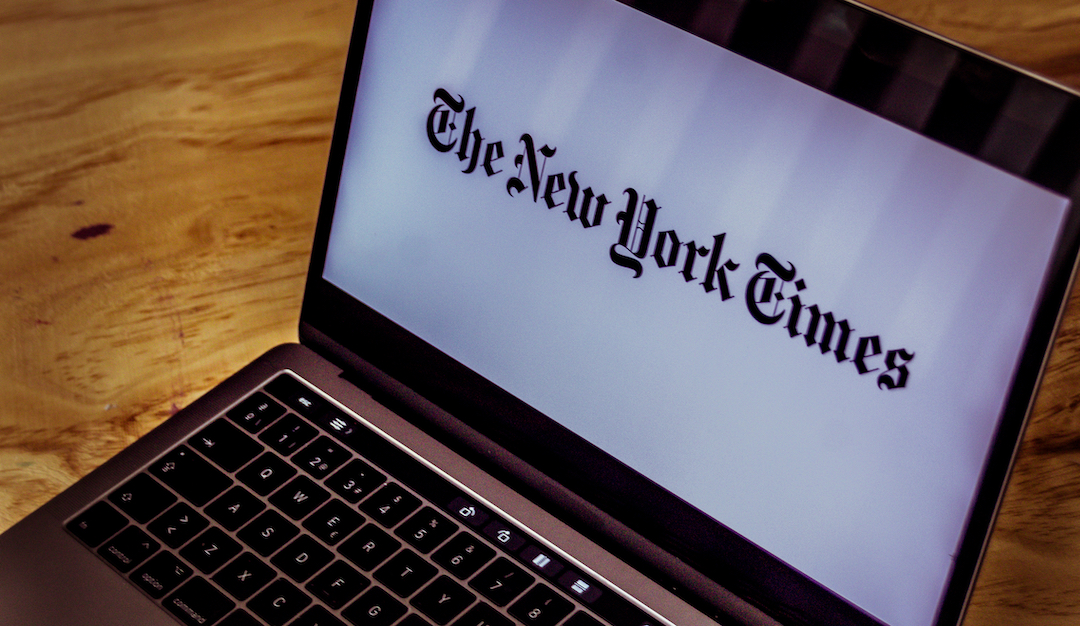OpenAI Accuses New York Times Of ‘Hacking’ ChatGPT To Force Plagiarism
By Mikelle Leow, 28 Feb 2024

Photo 138951505 © Bernardo Ramonfaur | Dreamstime.com
OpenAI has lobbed pretty serious accusations against The New York Times, alleging that the newspaper engaged in “hacking” to gather evidence for a copyright lawsuit. In its filing on Monday, the artificial intelligence firm asserted that the Times went as far as to hire someone to “hack OpenAI’s products” to exploit a bug in ChatGPT, leading to “contrived attacks” that produced abnormal results.
These allegations are part of a broader legal battle where the newspaper has sued OpenAI for copyright infringement, claiming in December that ChatGPT was trained on and reproduced content from the newspaper without permission. The Times argued that OpenAI trained ChatGPT on over 66 million records and a century’s worth of journalism without its permission, resulting in “nearly verbatim” outputs matching the publication’s articles.
ok, I've now read the full NYT complaint filed this morning vs OpenAI and Microsoft. I'm impressed - it's future-focused around fair value for work vital to democracy. It also contains 220k pages of exhibits although the pages of Ex J stood out to me. more on that in a minute. /1 pic.twitter.com/e394EZYCed
— Jason Kint (@jason_kint) December 27, 2023
OpenAI, however, contends that ChatGPT cannot be used to systematically reproduce New York Times articles, noting that the examples provided by the publisher were the result of deliberate manipulation rather than normal use of ChatGPT.
The AI research firm’s defense hinges on the argument that ChatGPT is not a direct competitor to The New York Times subscription service, emphasizing that its model’s usage by typical users does not involve regurgitating full articles from the newspaper. The company suggests that the dispute came as a reaction to ChatGPT’s rising popularity, despite the newspaper’s previous positive coverage of OpenAI’s advancements.
Ian Crosby, representing the Times as lead counsel and speaking to Ars Technica, refutes OpenAI’s hacking allegations, framing the newspaper’s actions as a legitimate use of OpenAI’s existing products to uncover instances of intellectual property appropriation. Crosby asserts that the issue at hand is not the method of evidence collection but the scale of OpenAI's alleged copyright violations.
The legal row between old media and new tech raises broader questions about the protection of original works in the age of generative AI. Experts suggest that as technologies become more prevalent across industries, such tensions are likely to deepen, underscoring the need for clear guidelines and rules.
“Given the expansion of generative AI among media, we can expect more lawsuits, similar to the one between OpenAI and The New York Times. However, no one should be surprised, as this is often true with most disruptive technologies,” comments Alon Yamin, co-founder and CEO of AI-based text analysis platform Copyleaks, in an email to DesignTAXI.
“The argument regarding how these models are trained and what content was used will continue for a while because, as this technology expands and becomes widely utilized in more and more industries, so will the concern regarding the ethics surrounding AI and its development,” Yamin adds. “That’s why organizations must proactively have safeguards in place with tools that help identify AI-generated content. Hence, they have the data needed to make informed decisions and avoid potential legal trouble later on.”
As the case unfolds, OpenAI has requested the dismissal of several claims in the lawsuit, maintaining that they are baseless. If the court sides with OpenAI, The New York Times’ argument would be significantly narrowed, leaving only allegations of vicarious copyright violation and trademark dilution on the table.
[via CNBC and Ars Technica, cover photo 138951505 © Bernardo Ramonfaur | Dreamstime.com]





